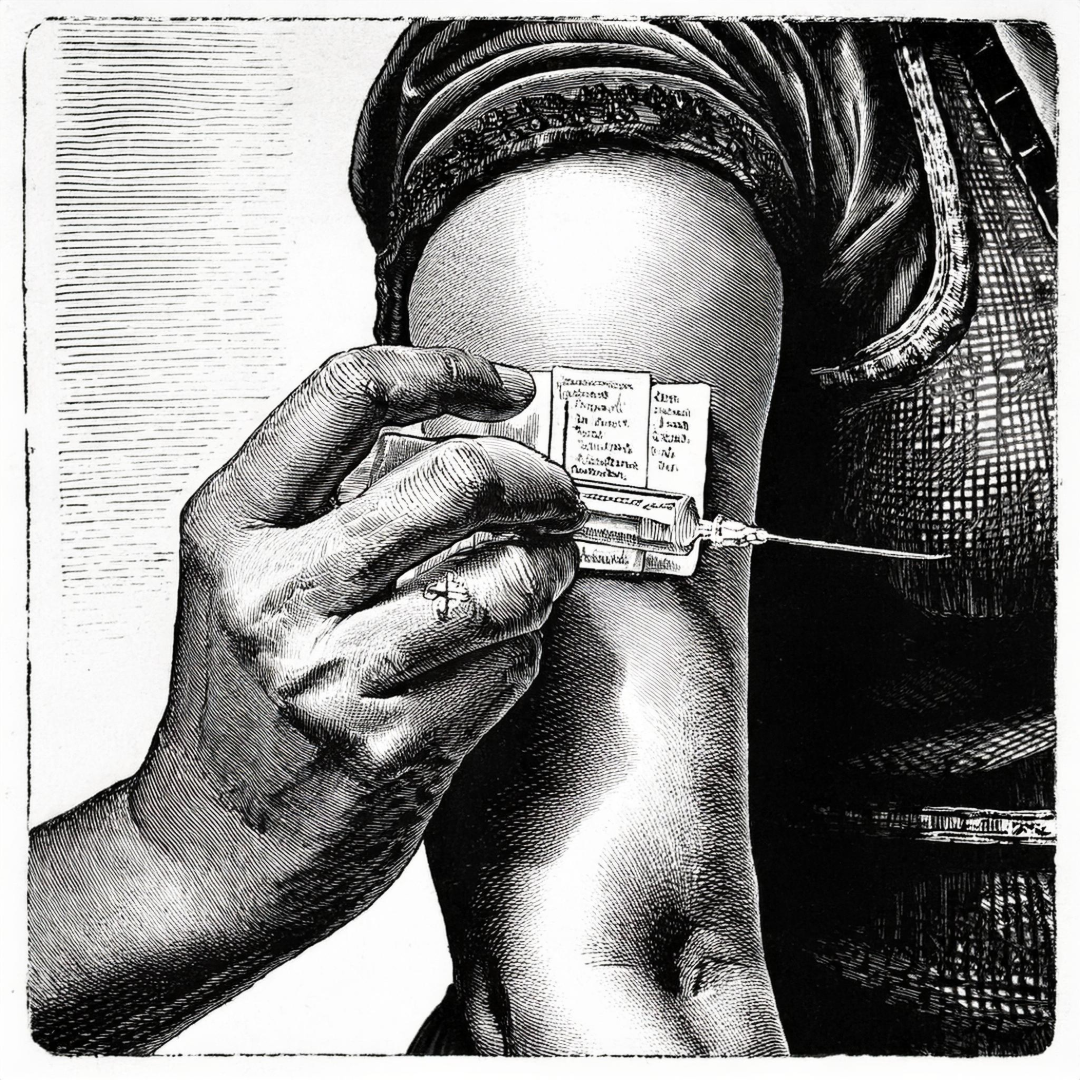MONTGOMERY, Ala. — Alabama is grappling with a troubling rise in whooping cough cases, a disease once largely controlled by vaccines but now reemerging as a public health concern. Health experts say vaccine hesitancy, fueled by misinformation, is a significant factor behind the increase, raising alarms about the state’s vulnerability to preventable diseases.
Whooping cough, or pertussis, is a highly contagious respiratory infection that can be especially dangerous for infants and young children. State health data show a notable uptick in cases this year, with clusters reported in rural areas where vaccination rates have dropped. Officials are now urging Alabamians to get vaccinated, especially as the holiday season approaches, when people are more likely to gather in close quarters.
Vaccines are our best tool to prevent outbreaks like this,. Unfortunately, we’re seeing a rise in cases because not enough people are getting their booster shots, and that puts everyone at risk.
The resurgence of pertussis in Alabama has sparked debates over the role of vaccine denialism, a movement that gained momentum during the COVID-19 pandemic. Public health officials point to the influence of figures like former President Donald Trump, whose mixed messages on vaccines and emphasis on personal choice have emboldened segments of his base to reject immunizations.
This shift is unusual for the conservative movement. Historically, opposition to vaccines was more commonly associated with left-wing groups, particularly those skeptical of pharmaceutical companies. But in recent years, anti-vaccine sentiment has found a stronghold among some conservatives, who frame it as an issue of individual freedom. The result is a growing divide, with parts of rural Alabama particularly affected.
Experts note that this development runs counter to the traditional conservative principle of supporting community health and safety through established medical practices.
While Alabama remains a deeply conservative state, with strong support for Trump, public health leaders are concerned that this trend could worsen outbreaks of preventable diseases beyond whooping cough.
Vaccines have long been a cornerstone of public health in the U.S., and Alabama’s current outbreak highlights the need for renewed trust in science.
For now, the state continues its vaccination campaigns, though officials admit the challenge remains steep in some areas where distrust of government and health mandates is strong. Health advocates hope that with more public education, Alabama can curb the rise in whooping cough cases before it leads to more widespread health crises.

